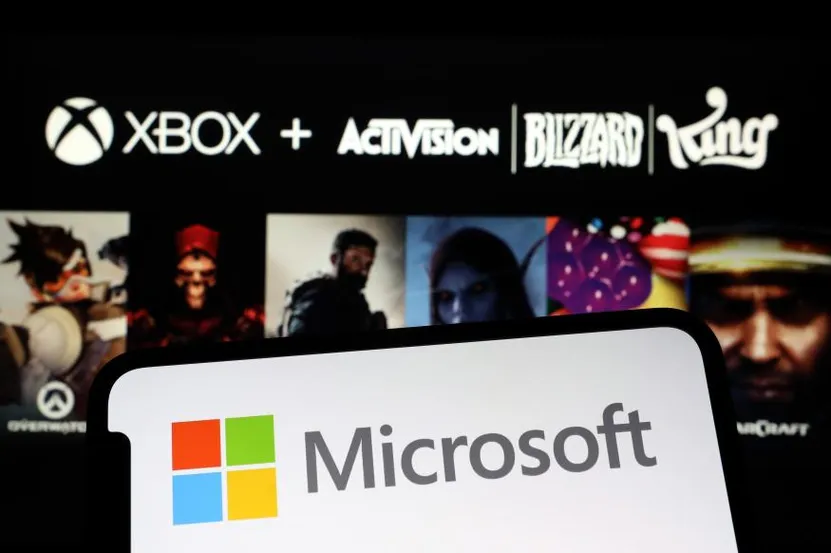In January 2022, Microsoft announced an almost $69 billion plan to purchase the company, Activision Blizzard. Almost a year later and the FTC is now seeking to stop the deal altogether.
Microsoft has been dealing with difficulties in the UK and Europe as well. It seems like now is the time for the states to step in.
The battle between Microsoft and the FTC over the purchase of Activision is the new problem, with the FTC seeking to halt the deal until its in-house court can adjudicate the case. Microsoft is eager to enter the lucrative mobile gaming market, which is now larger than the movie and music industries combined, but the FTC is concerned that the acquisition will stifle competition and allow Microsoft to dominate the gaming industry. Despite Microsoft’s offer to allow Call of Duty on Sony devices for a decade, the FTC is pushing back, and Sony is lobbying regulators around the world to block the deal. Microsoft argues that it has every incentive to keep offering Activision’s games to users of competitors’ consoles, but the FTC’s motives are questionable, given that Microsoft is the only American company in the top three of the gaming console market share.

The FTC’s case against Microsoft’s acquisition of Activision does not make economic sense as Microsoft is not acquiring a competitor or proceeding with a horizontal merger. The acquisition would be a vertical merger, where the products of the acquired company would become part of Microsoft’s supply chain, which is recognized by US antitrust authorities as beneficial to consumers. The European Union has cleared the deal to proceed, but the FTC continues to pursue the case due to its ideological war on “bigness” and consumer-welfare standards.
The timing of the FTC’s complaint, just weeks before the deal deadline, suggests that the FTC is concerned that Microsoft may proceed with the acquisition regardless of the block in the UK. European regulators have already given the deal the green light, so Microsoft could close the deal without the UK and without an injunction in the US preventing it from closing.
The US judge will now decide on issuing a temporary restraining order and a preliminary injunction to prevent Microsoft from closing the deal until the result of the FTC’s legal challenge. An evidentiary hearing is scheduled for August 2nd, shortly after Microsoft’s appeal hearing in the UK.
If the FTC’s injunction is unsuccessful, Microsoft is eager to fast-track the legal process in the US to bring more choice and competition to the market. Activision Blizzard CEO Bobby Kotick shares a similar sentiment, stating that the FTC’s action is a positive development in the merger progress as it accelerates the legal process.
For now, we’ll just have to wait and see how the court ruling goes.
The FTC is concerned that Microsoft’s acquisition of Activision will stifle competition and allow Microsoft to dominate the gaming industry. They fear that Microsoft will not allow competitors such as Sony or Nintendo to offer Activision’s popular games, thereby creating a monopoly.
Microsoft’s acquisition of Activision is considered to be a vertical merger, where the products of the acquired company would become part of Microsoft’s supply chain. This type of merger is recognized by US antitrust authorities as producing efficiencies that benefit consumers.
The European Union has cleared the deal to proceed, indicating that they do not share the same concerns as the FTC regarding the acquisition’s impact on competition.
Microsoft has offered to remedy the FTC’s concerns by pledging to offer Call of Duty on Sony devices for ten years, but the FTC has deemed this offer inadequate. Microsoft argues that it has every incentive to keep offering Activision’s games to users of competitors’ consoles, given that two-thirds of the game’s players are on Sony’s PlayStation.
A US judge will decide whether to issue a temporary restraining order and a preliminary injunction to prevent Microsoft from closing the deal until the result of the FTC’s legal challenge. An evidentiary hearing is scheduled for August 2nd, shortly after Microsoft’s appeal hearing in the UK. If the FTC’s injunction is unsuccessful, Microsoft is eager to fast-track the legal process in the US to bring more choice and competition to the market.






























